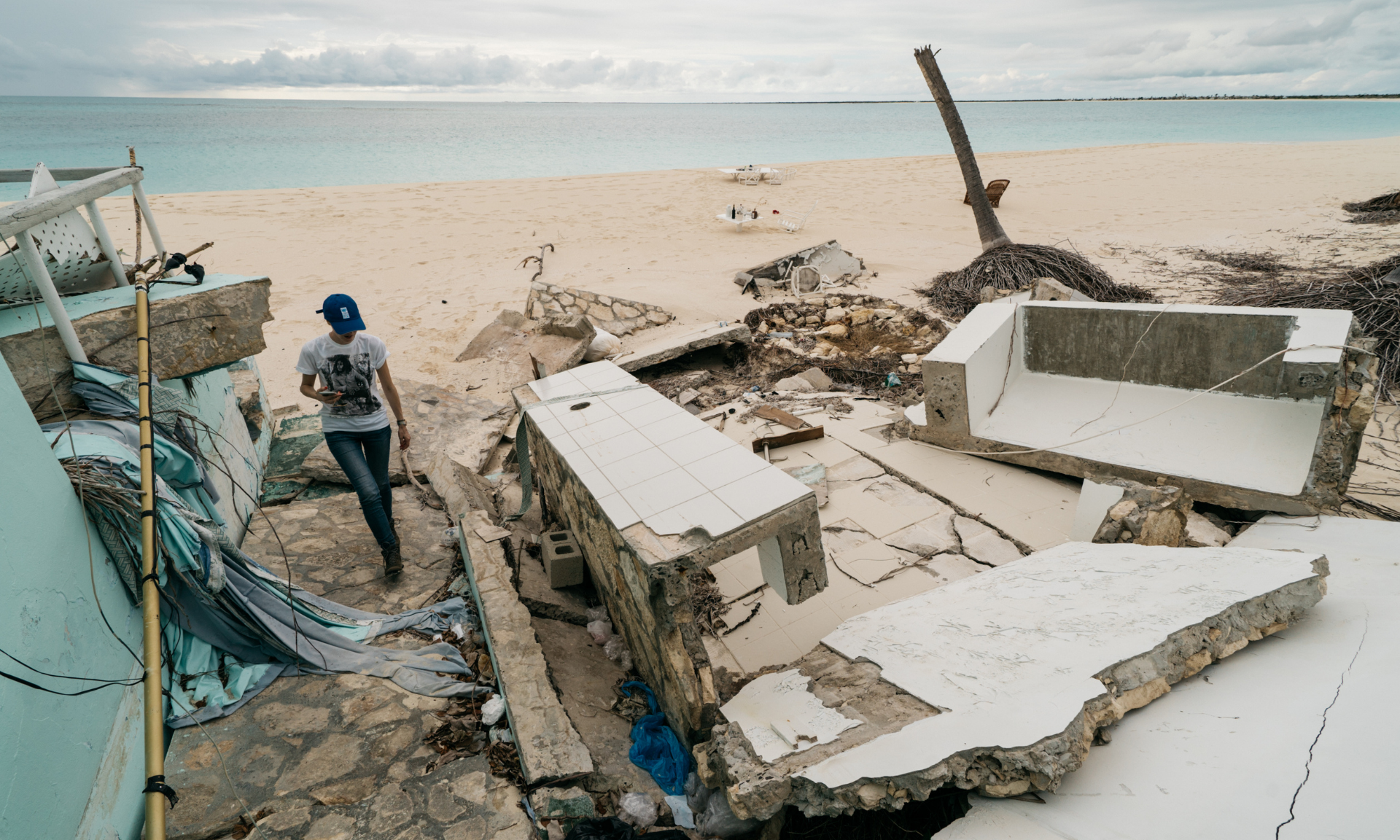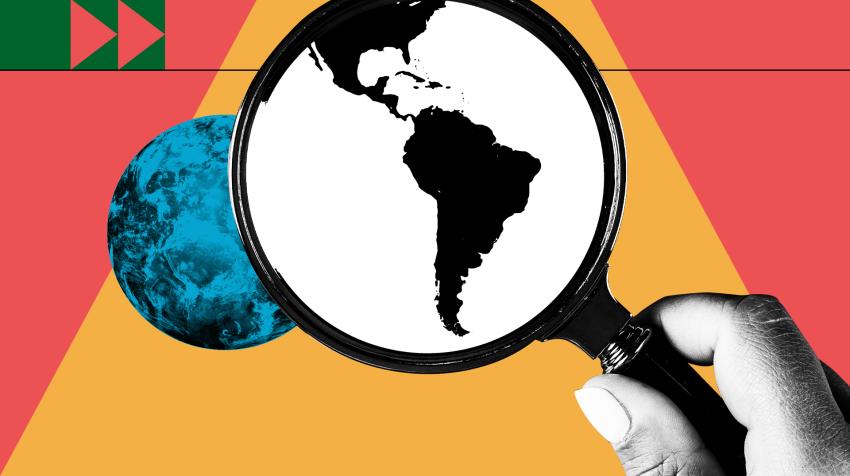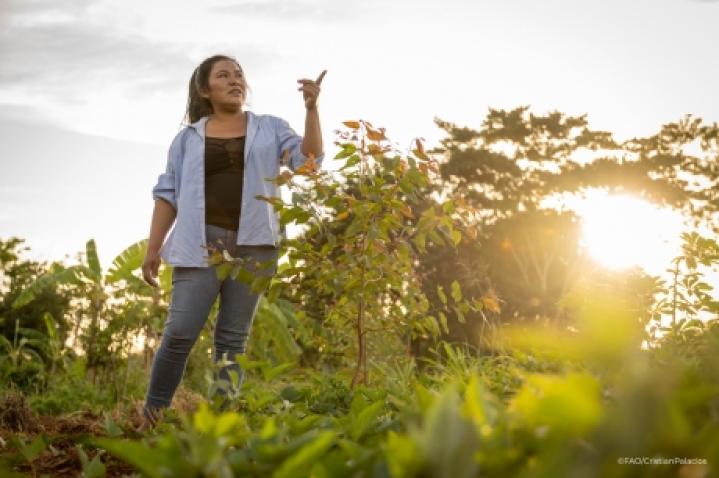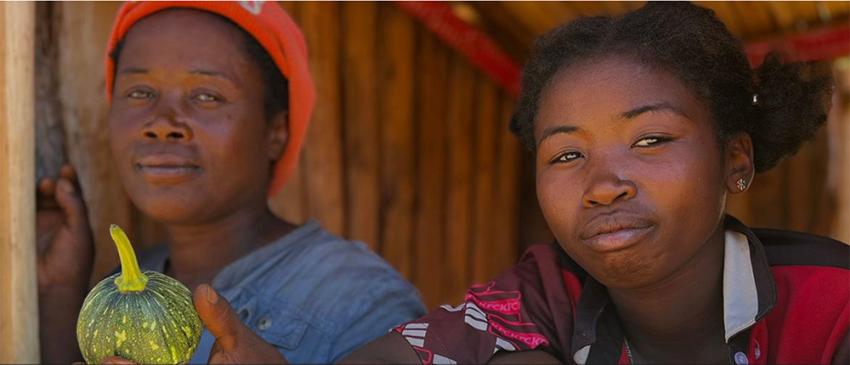People across Latin America and the Caribbean are convening virtually this week to take the pulse of climate action, explore possibilities for action and showcase ambitious solutions. They will spotlight all that can be done in the region to slow rising temperatures and keep a livable planet. Leading up to pivotal global climate talks at COP26 in Glasgow, attention and action are more critical than ever.
Check here for more information and a link to register. See an overview of climate action in the region, in words and pictures.
Plus another moment to learn about how people in Brazil honoured 200,000 lives lost to COVID-19 by planting 200,000 trees. Any community can take a similar step!
Now, want to explore more? Click through some suggested links on this page.
The solutions

People all over the region are applying their ingenuity to climate problems – and coming up with solutions. They show what’s possible, affordable and desirable to keep climate action on track in line with the Paris Agreement. In many cases, climate action produces a ripple effect with many other benefits, like more jobs, higher incomes, increased access to energy and gender equality.
Dominica is keeping the power on in health centres during emergencies through standalone solar voltaic kits, installed courtesy of Electricians Without Borders.
Chile’s largest water utility is using “biofactories” to transform wastewater into clean energy.
In Colombia and Honduras, a suite of ICT tools puts information at the fingertips of farmers so they can make climate-smart decisions.
Over 1,000 farmers in Peru are learning to cultivate cocoa that will fetch higher prices while avoiding deforestation in a nature reserve.
Citizens and municipal authorities in Paraguay are planning urbanization that is not only green but improves the quality of city life.
What’s feminist electrification? Learn about a women-run enterprise that is closing the power gap for women in rural Haiti with small-scale clean energy projects.
You might also want to meet the women training to become clean energy entrepreneurs in Peru.
Across the region, civil society groups are stepping up to the climate challenge, like by including livestock, a critical rural asset, in disaster risk management plans in Nicaragua. An organization in Mexico is laying foundations for green employment, especially for migrants and youth.
Girls and women across the Global South face disproportionate impacts from climate change. Brazilian Renata Koch Alvarenga founded EmpoderaClima to make sure the world knows their stories. She shares thoughts on climate justice and keeping up momentum behind climate action.
The science

Climate scenarios suggest that precipitation could decline by as much as 40 per cent in parts of the region, but intense rainfall is also predicted in some places, producing landslides and other natural disasters. The frequency of the strongest cyclones in the north Atlantic could increase by 80 per cent. Ecosystems, infrastructure, businesses, agriculture and water supplies are all at risk.
Want to dive deep into climate data on the region? Check the Centro Regional del Clima para el Oeste de Sudamérica (in Spanish). Or the World Bank’s Climate Knowledge Portal on the region.
You can also “ask” a scientist. See what ecologist Julia Carabias, a UN Champion of the Earth and former Environment Minister from Mexico, has to say about how the world can make peace with nature.
Action plans and agreements

The Paris Agreement affirms global consensus on climate action. Keep an eye on what countries in the region are doing to get to net-zero emissions in line with the Paris goal of limiting temperature rise to no more than 1.5 degrees Celsius.
Policymakers in Latin America and the Caribbean also set directions through regional agreements. The unique regional Escazú Agreement entered into force on Earth Day 2021 to promote environmental democracy and protect environmental defenders.
Much recent emphasis has been on a green recovery from COVID-19. Ministers of Environment signed the Bridgetown Declaration to integrate environmental issues in recovery strategies. They agreed to reactivate economies based on social inclusion, low carbon and resilient economies, and the conservation and sustainable use of natural resources. See more.
For another take, see a World Bank blog on the region outlining why a green recovery from COVID-19 is possible and necessary. The United Nations Environment Programme has modelled an energy transition that could drive economic recovery in Panama.
Antigua and Barbuda is a small State with big plans. Find out how it learned the value of taking a proactive approach to the COVID-19 pandemic, and now aims to do the same for even greater threats from climate change.



